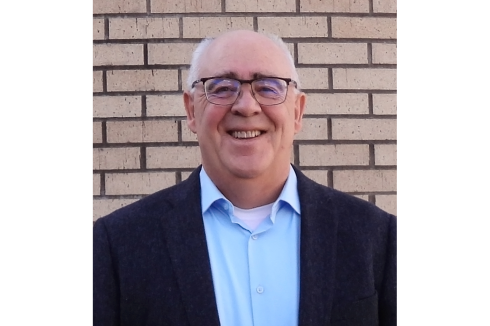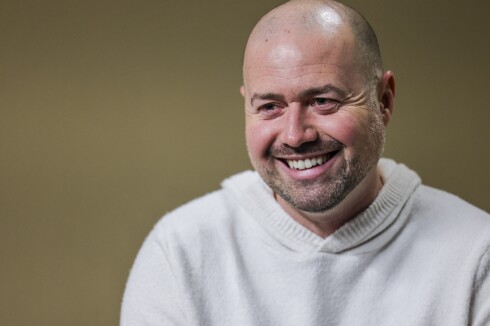ROCHESTER — LeadingAge Minnesota, a professional association representing 1,100 aging services organizations across the state, has joined 20 other state-level networks in a lawsuit against a federal staffing standard that was finalized earlier this year.
In April, the Centers for Medicare and Medicaid Services, the agency that surveys and certifies long-term care facilities, issued a final rule that will phase in new requirements for nursing home staffing in order to "hold nursing homes accountable for providing safe and high-quality care," CMS said in its announcement.
ADVERTISEMENT
The final rule sets a new standard for the hours of direct nursing care for residents: 3.48 hours per resident day, defined as the total hours worked by nursing staff divided by the total number of residents.
If these changes go into effect — their implementation is staggered through the next few years — LeadingAge Minnesota says the state will need an extra 1,000 full-time registered nurses and certified nursing assistants to meet the requirements.
"Essentially, what CMS has done is moved away from a standard that we have had in place for a long time, where nursing facilities are allowed to staff according to what their residents need," said Kari Thurlow, president and CEO of LeadingAge Minnesota.
One big issue for the association, Thurlow said, is the required amount of care hours from RNs and CNAs compared to care hours from other staff, such as licensed practical nurses.
"(It) really discounts the role of other direct staff such as LPNs and TMAs (trained medication aides) that are really not counted in a large part in meeting how we ultimately accomplish that total staffing standard once this rule is fully phased in," Thurlow said.
Overall, Thurlow said, the concern is that the additional staffing requirements, combined with workforce shortages in the long-term care sector, will leave "the vast majority of nursing homes in a real pickle."
"The vast majority of Minnesota nursing homes will not be able to meet ... the three main components of the rule," which can lead to those facilities receiving citations and fines for being out-of-compliance, Thurlow said. "They are already financially frail, so they are really facing the prospect of closure in those situations."
ADVERTISEMENT
By joining the lawsuit, filed in the U.S. District Court for the Northern District of Iowa on Oct. 8, Thurlow said the goal is to overturn the final rule, with a preliminary injunction to stop the new requirements from being implemented while the lawsuit is ongoing.
"And, in doing so, resetting the table for a public-private partnership with CMS, with our state partners, to find real solutions for quality care," said Thurlow, who added that investment in career training programs is needed to bring more people into the long-term care workforce.
The concern over the new CMS requirements is shared by Samaritan Bethany, a nonprofit long-term care and senior living provider in Rochester.
"While we share the desire to strengthen our workforce, the CMS final rule for minimum staffing does not deal with the root cause of the problem," Kyla Berg, a Samaritan Bethany co-mission leader, said in a statement to the Post Bulletin. "At this time, several beds are on layaway, and due to staffing challenges, we are unable to operate additional beds. The implications of the CMS final rule could further increase the number of beds on layaway, which would consequently reduce our capacity to serve residents in the Rochester community."
Many parts of the final rule, as it now stands, do not go into effect for another two years or more. The second phase of the rule — 3.48 HPRD of care and having an on-duty RN 24/7 — takes effect for urban nursing homes in May 2026, with other changes to take effect through 2029.












